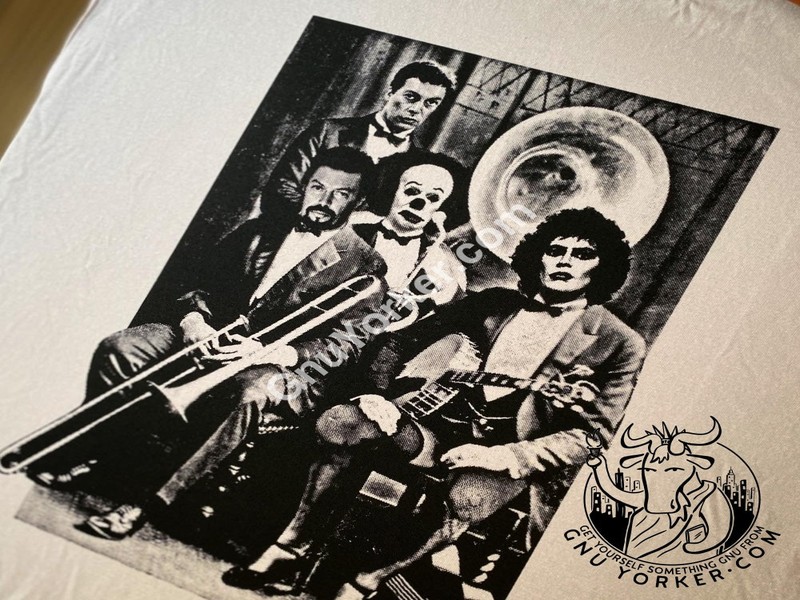Latin America, a region rich in culture and history, has been marked by an intricate interplay of power, progress, and protest. Its political landscape is as diverse as its geography, with each country having its own unique journey towards democracy or dictatorship. The politics of Latin America are not just about the struggle for power; they also reflect the quest for progress and the voice of protest.
Power in Latin America has often been associated with authoritarian regimes and military dictatorships. From Pinochet’s Chile to Videla’s Argentina, much of the 20th century saw brutal regimes exercising absolute control over their citizens. These periods were characterized by human rights abuses, censorship, and economic instability. However, it would be erroneous to generalize this as the only form of governance in the region. Countries like Costa Rica have maintained stable democratic governments for decades while Uruguay is consistently ranked among the world’s most democratic nations.
Progress in Latin American politics mirrors its economic development. Despite challenges such as inequality and corruption, many countries have made significant strides towards socio-economic advancement. Brazil emerged as one of the world’s largest economies while Chile boasts one of Latin America’s highest GDP per capita figures due to successful neoliberal policies implemented during Pinochet’s regime.
However, progress is not merely about economic growth but also includes social justice and equality. In this regard too there have been notable advancements across various countries in recent years with progressive legislation on issues such as LGBTQ+ rights (Argentina), indigenous rights (Bolivia), gender equality (Chile) being passed which indicates a shift towards more inclusive societies.
Protest has always played a crucial role in shaping Latin American politics – from revolutions that led to independence from colonial rule to modern-day movements against corruption or inequality. The protests are often driven by deep-seated socio-economic disparities prevalent across much of Latin America where wealth is concentrated within small elites while large sections live in poverty.
In recent years we’ve seen protests in Chile against increased metro fares which quickly transformed into a broader movement against inequality, leading to the promise of a new constitution. Similarly, Colombia has witnessed widespread protests against proposed tax reforms amidst concerns over government corruption.
The interplay of power, progress and protest in Latin America is complex and multifaceted. It’s a region where democracy coexists with dictatorship; where economic growth often sits uncomfortably alongside stark inequality; where the voice of protest continues to challenge the status quo. The Politics of Latin America, 8th Edition America thus provides crucial insights into how power can be both abused and harnessed for change, how progress can be achieved amidst adversity and how protest can ignite the spark for transformation.









